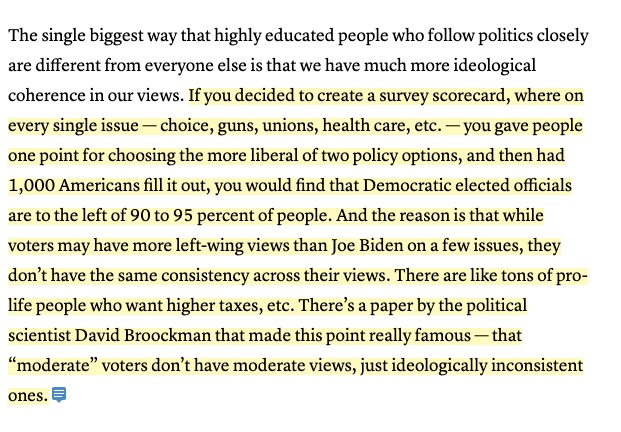
Over the years, I've tried to keep a list of criteria for deciding on whether to take on a project.
Here are the 9 questions I ask myself now
Here are the 9 questions I ask myself now
1. If you didn’t make any money, would you still have had a great time?
2. Is the project a purple cow? Imagine having a conversation at the last cocktail party (or even better, actually have one) do people’s eyebrows raise and say “cool"
3. Does the project leverage your unique ability? Why are you uniquely qualified to do it?
4. Imagine that you are selling a million dollars-worth of this product. Are you happy with how you spend your time?
5. Do you respect your customers? Would you be happy to see one if you were walking down the beach on vacation?
6. Does this solve a pain point people already know they have? I.e. Can you sell this without need to re-educate the market?
If not, can you position it that way?
If not, can you position it that way?
7. It the problem a 'tooth-ache level' pain point? Will they do anything to get rid of it?
Does it itch or does it burn? (You want something that burns)
Does it itch or does it burn? (You want something that burns)
8. Is it something I Personally Need - Are you scratching your own itch?
9. Does it follow @RichardKoch8020's Star Principle - Is the market growing at least 10% YoY so that overall size of the pie is growing?
• • •
Missing some Tweet in this thread? You can try to
force a refresh







